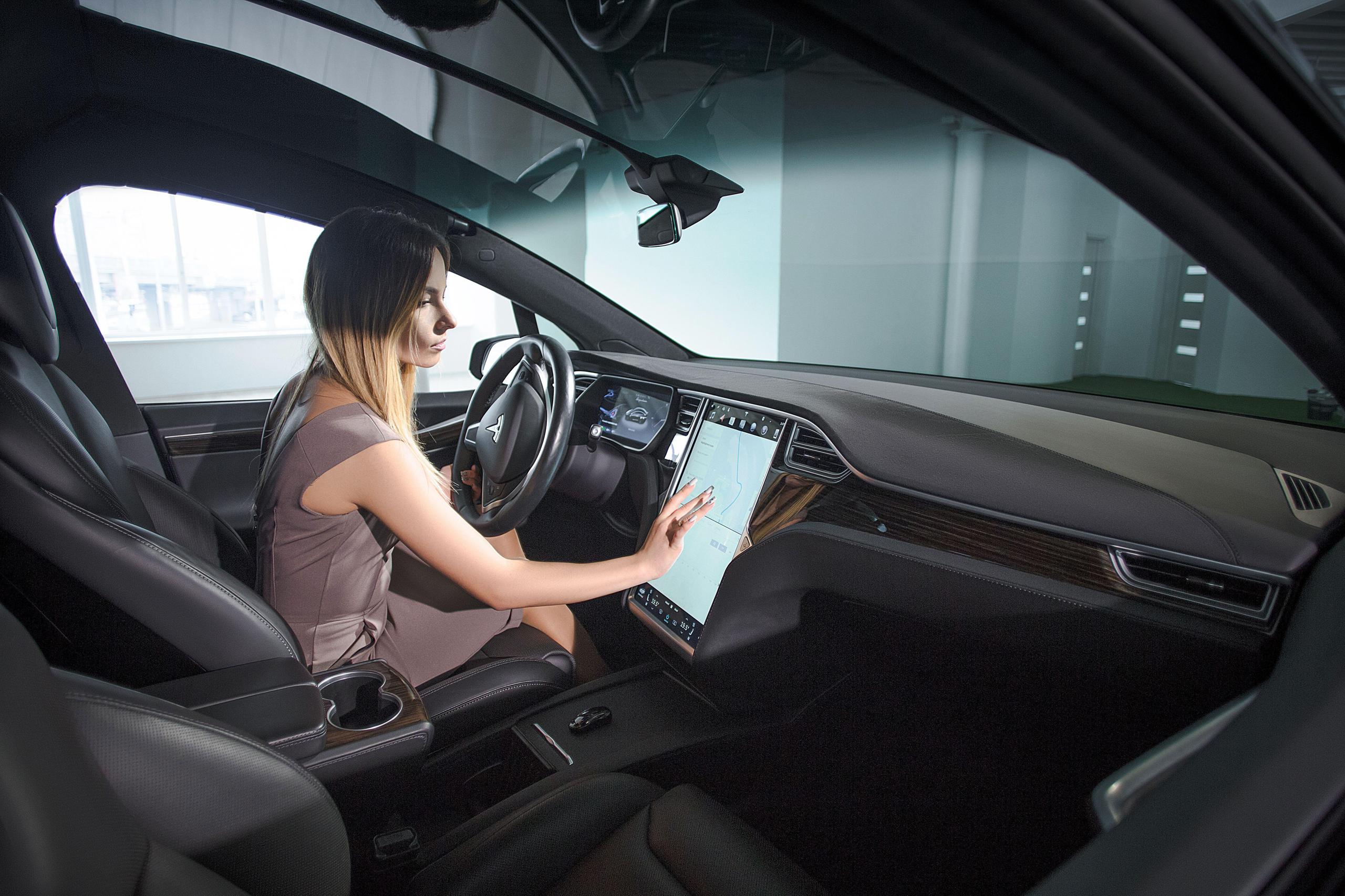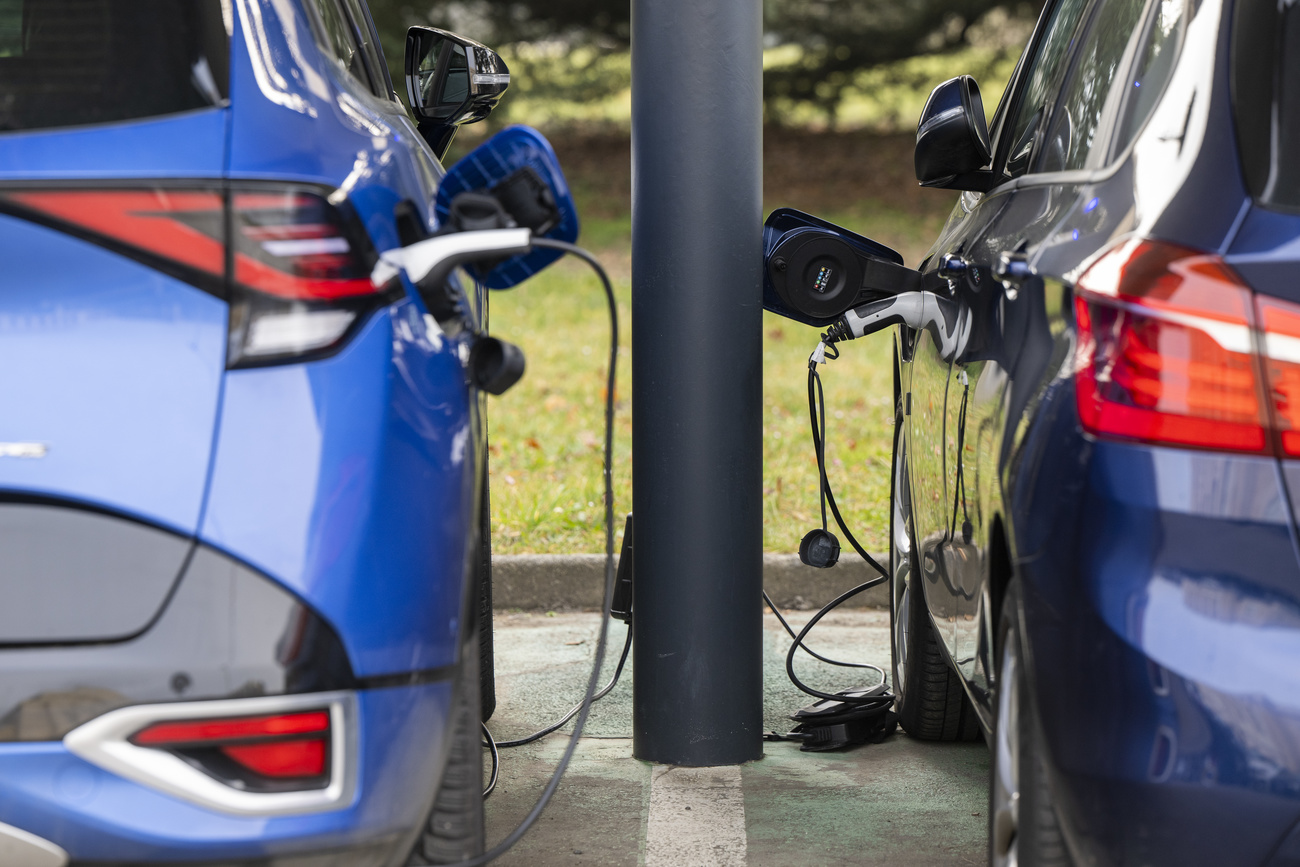Electric cars stall in Switzerland

Fewer electric vehicles were registered in the first half of 2024 than in the same period last year.
Electrically powered cars offer consumers numerous advantages. Not only are they significantly quieter than their combustion engine-powered relatives, but they can also be charged at home from a private power socket.
They also make an important contribution to achieving climate targets. “Electromobility is a key technology for the decarbonisation of our transport system. This is currently responsible for over 30% of CO₂ emissions. Electromobility makes an important contribution to reducing these emissions,” says Christoph Schreyer, head of the section for energy efficient transport at the Federal Office of Energy.
However, the disadvantages of modern drive technology seem to outweigh the benefits for customers in Switzerland, at least this year. Compared to the first half of 2023, the number of electric passenger car registrations fell by 7% this year. For plug-in hybrid cars – which are counted alongside electric cars as so-called plug-in vehicles – growth was just 2%. By contrast, classic hybrid vehicles, which are not categorised as plug-in vehicles, were popular.

More
Electric car sales pass ‘tipping point’ in Switzerland
With the decline in new registrations of electric cars, Switzerland is also lagging behind its own targets. The aim is for 50% of newly registered vehicles in Switzerland to be plug-in vehicles by 2025. This is one of the goals of the so-called Electric Mobility Roadmap 2025, which representatives from industry and the public sector have signed in order to achieve the climate targets. Currently, the proportion of newly registered plug-in vehicles is 26%.
Call for incentives
There are many reasons why plug-in vehicles have not yet become a big seller in Switzerland. Since January 2024, electric vehicles have no longer been tax-exempt in Switzerland at federal level. In addition, the range in the lower price segment is not yet particularly extensive.
Surveys by the Touring Club Switzerland (TCS) also show that the main reason people don’t buy an electric car is that they don’t have a charging station at home. “It’s not a problem in detached houses – the owners have it in their hands. In multi-party buildings, it’s a challenge because you need a basic installation. Not every tenant can decide for themselves, but a basic installation is required. We are calling for incentives to encourage owners to do this,” explains Peter Goetschi, TCS central president.

More
Lack of charging stations holds back Swiss EV revolution
However, parliament rejected subsidies for charging installations in multi-party buildings in the spring session. This is a matter for the cantons.
As e-vehicles are still more expensive to buy on average than combustion engines, the federal government needs to create incentives, says Gracia Brückmann, a political researcher at the University of Bern. “If you think of Norway, for example, the absolute pioneer in electromobility, you would have to create parity in purchase prices between electric cars and combustion engines. Through taxation and concessions, for example.”
Such measures will probably come too late for the Electric Mobility Roadmap 2025 and the targets will most likely be missed. There is still a long way to go before the electric car establishes itself as a mass phenomenon.
Translated from German by DeepL/ts

In compliance with the JTI standards
More: SWI swissinfo.ch certified by the Journalism Trust Initiative
You can find an overview of ongoing debates with our journalists here . Please join us!
If you want to start a conversation about a topic raised in this article or want to report factual errors, email us at english@swissinfo.ch.